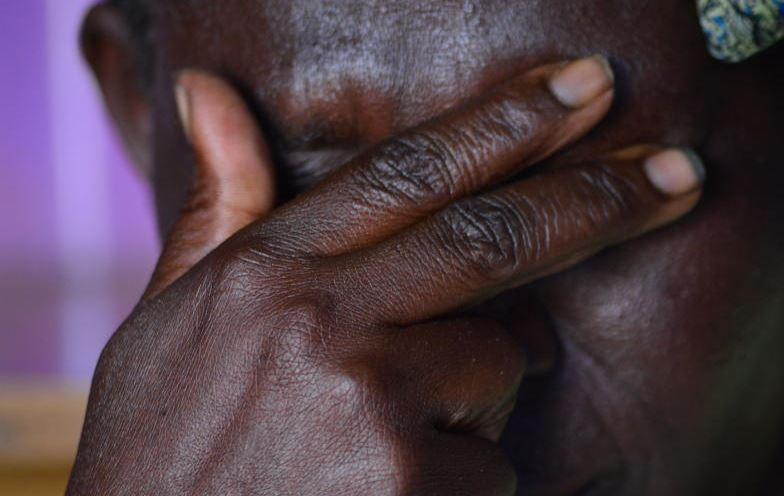
Firstly, Gender-Based Violence (GBV) refers to any type of violence that occurs because of someone's gender. It could be physical violence (where someone hits and hurts another), emotional violence (where someone makes another feel bad about themselves), sexual violence (which involves forcing someone to engage in sexual relations or touching them in a way that makes them uncomfortable), or financial violence (where someone controls their partner's money, making them dependent on financial support).
If you have heard or experienced scenarios such as a husband hitting his wife for not preparing a certain food, a spouse controlling their partner's social media and devices, a partner forcing the other to have sex without consent, or a friend or family member taking control of someone's money and assets, making the owner beg for it-these are all forms of Gender-Based Violence, and they should be dealt with accordingly.